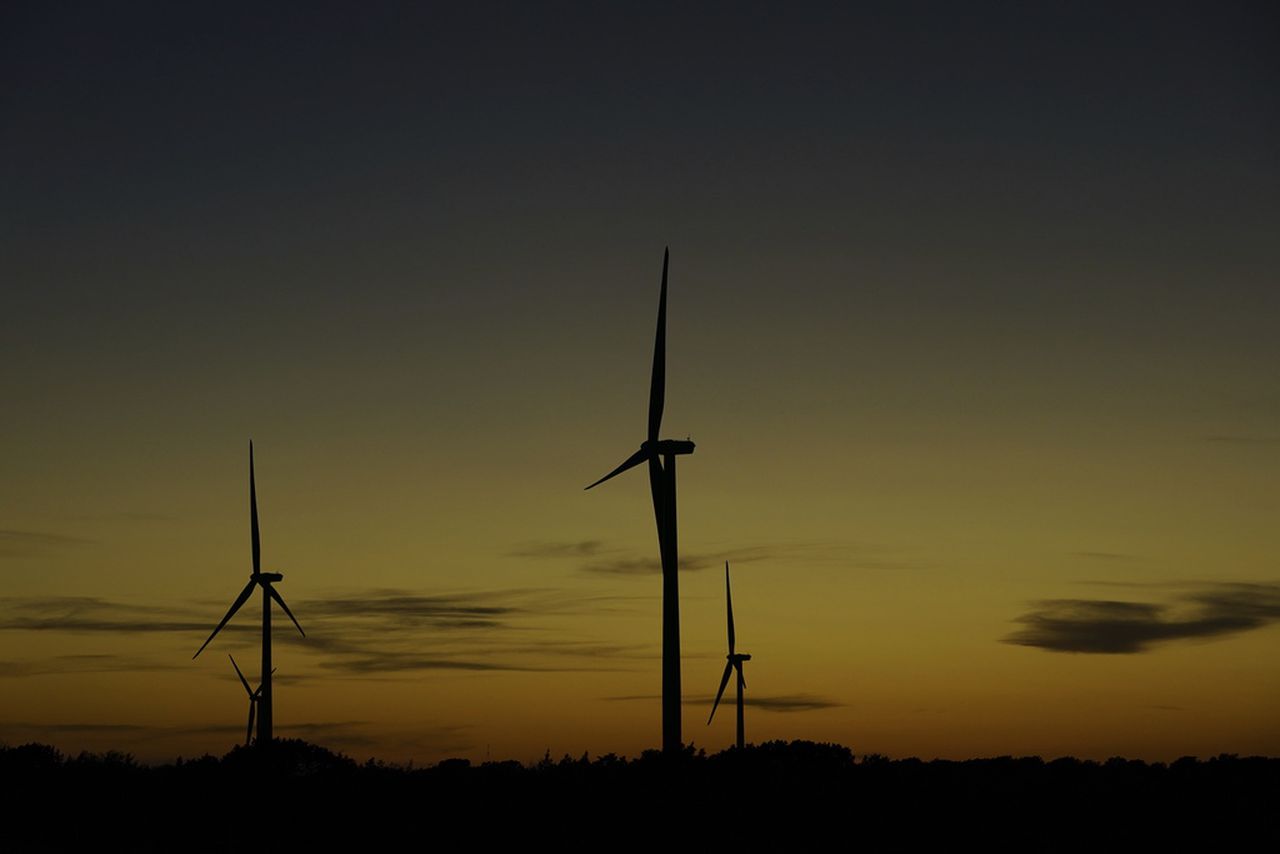Texas is on a crusade to kill the state’s stunning renewable energy progress
Texas’s position as the leading producer of renewable energy could be under threat after state officials championed a series of anti-environmental bills aimed at boosting the oil and gas industry, minimizing the Environmental Protection Agency’s powers and forcing expensive fees for registering hybrid and electric cars.
The bills, most of which were filed in 2022 and early 2023, come weeks after a series of legislation was proposed in mid-March that would restrict wind and solar and after Gov. Greg Abbott said he would ban wind and solar companies from obtaining corporate tax breaks under a new state program.
One of the more alarming bills on the slate is HB33, which would prevent state agencies from assisting federal agencies in enforcing oil and gas production laws if they contradict state laws.
“I think there’s just been a reaction from state leaders against the Biden administration and others that are working to rein in the worst excesses of the oil and gas industry as it’s polluting our environment and harming our health,” said Luke Metzger, Executive Director of Environment Texas. “It seems to be very problematic from a legal perspective to tell local officials they aren’t to follow federal law.”
Metzger thinks the bill may run into constitutional issues and cause confusion around the state, preventing even the most basic environmental enforcement.
For the last 16 years, Texas has led the way in wind-generated electricity. In 2022, Texas generated over 136,000 gigawatt-hours from wind and utility-scale solar, according to the Energy and Information Administration. That’s enough energy to power around 12.7 million homes.
In second was California, with nearly 53,00 gigawatt-hours.
Metzger said the state’s renewable energy progress was made possible because of decisions made 20 years ago by Republican Govs. George W. Bush and Rick Perry. However, that success is now undermining legacy fossil fuel companies.
“As wind and solar have grown, they are no longer niche technologies and are now kind of directly threatening fossil fuel interests in terms of their market share,” he said. “And so there’s just been a real backlash from both the fossil fuel companies and then their allies in the legislature.”
Alongside HB33, there is a whole raft of other anti-environment bills.
HB 743 bans municipalities or counties from outlawing gas hookups in buildings.
HB 744 champions gas-powered landscaping equipment, which comes after the city of Dallas considers banning such tools as part of its sustainability plan.
Drivers who own a hybrid or electric car will be asked to pay excessive fees to register those cars. The House and the Senate have filed HB 820 and SB 505, respectively. The cost to register will be $200 for an electric vehicle and $100 for a hybrid. It normally costs around $50.
HB 1239 will prohibit insurance companies from considering their customers’ environmental, social, and governance (ESG) policies when setting rates.
According to Metzger, if Texas does rein in its renewable energy production, it will likely set the country back in its ambitious energy goals.
“Given we have the best renewable energy potential in the country, moving away from renewables will cause problems meeting the nation’s overall climate goals,” he said. “It’s critical that we develop those resources as robustly as possible, but these bills could potentially grind renewable energy development in Texas to a halt and set a bad precedent across the country.”
